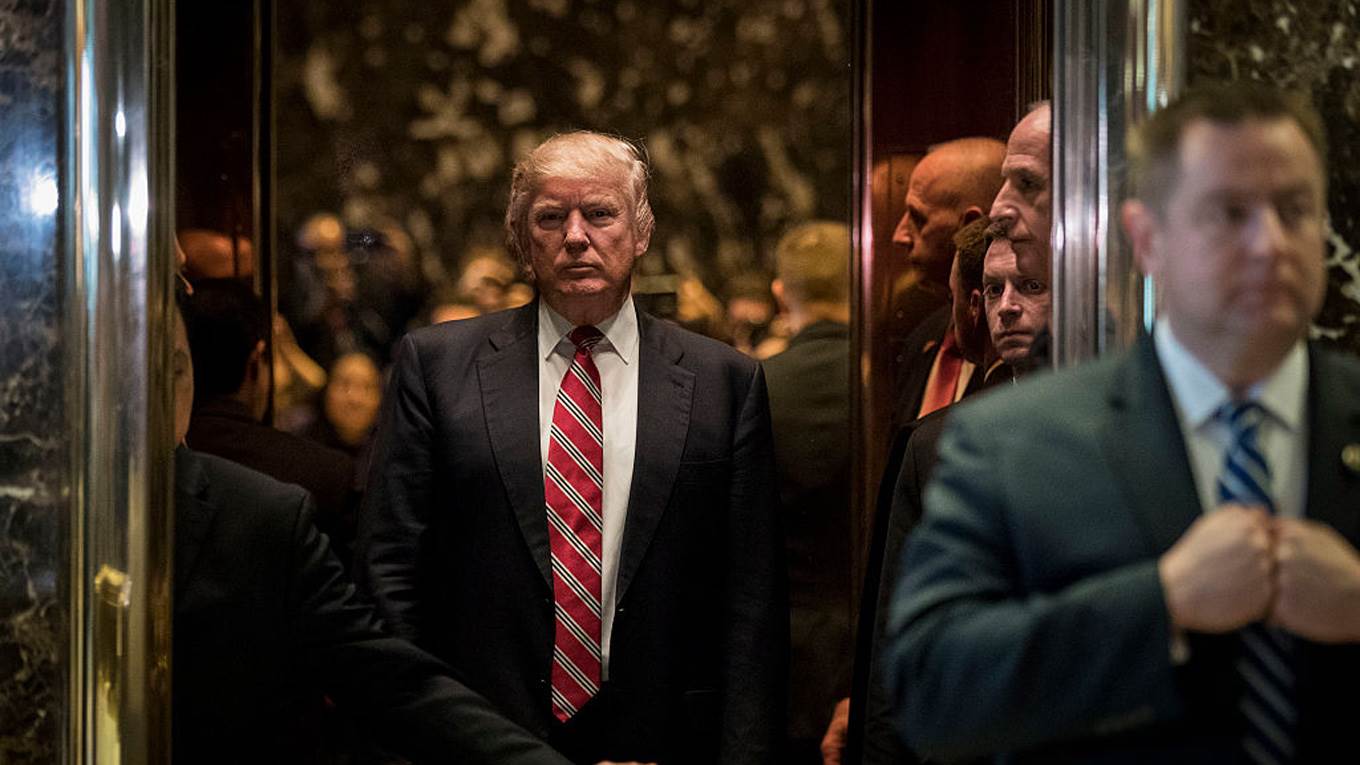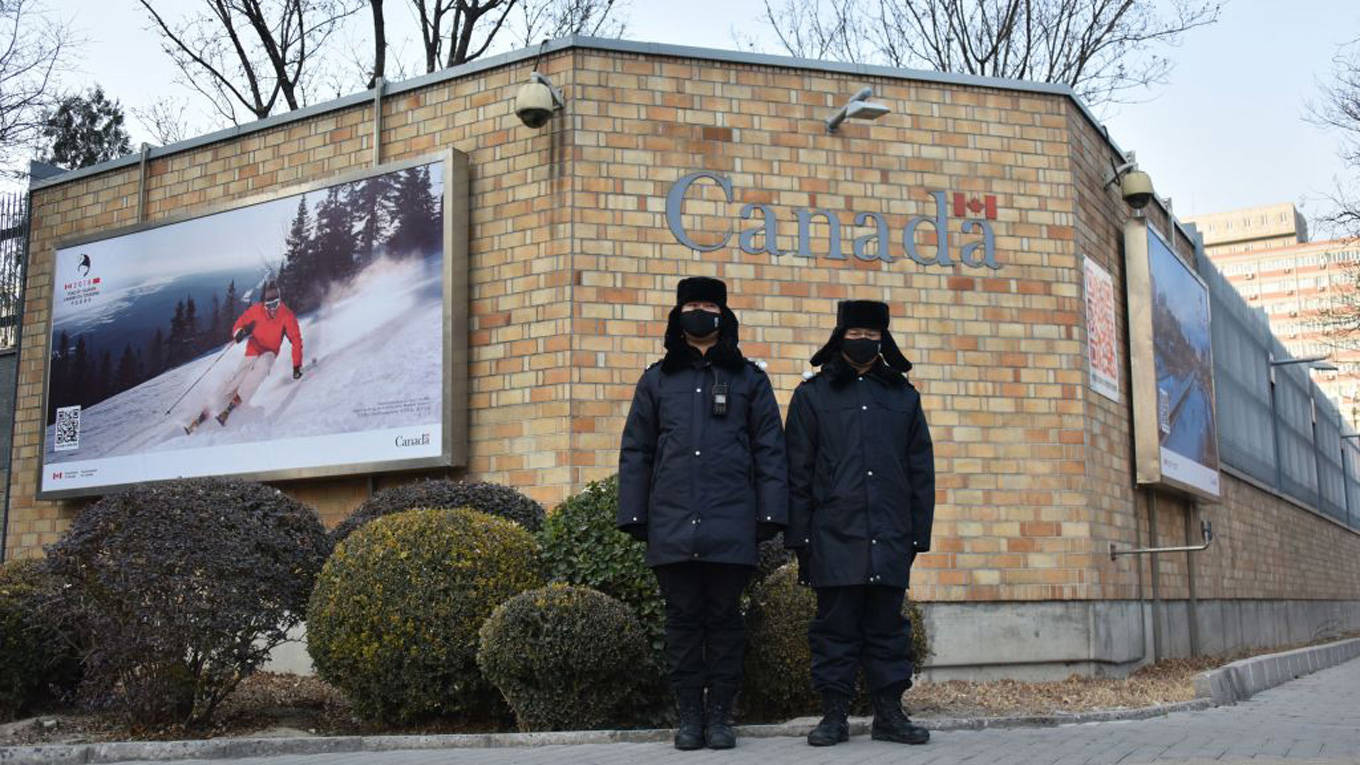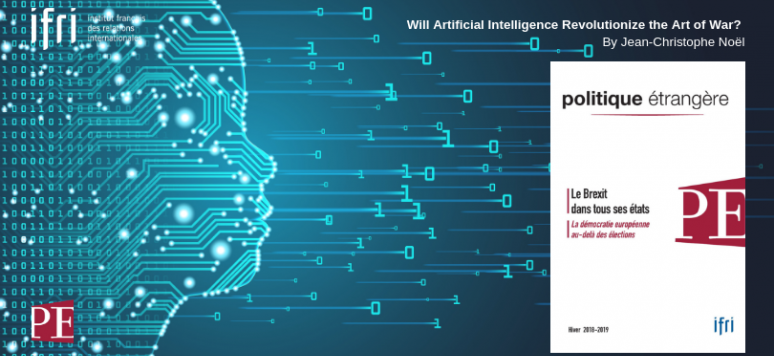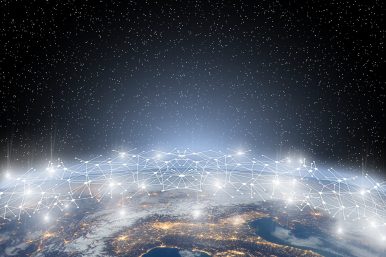 Bordered by the Indian Ocean, the Arabian Sea and the Bay of Bengal, India is the second most populous country and, arguably, the biggest democracy in the world. The World Bank and the International Monetary Fund recognize India as the sixth largest economy on the planet.
Bordered by the Indian Ocean, the Arabian Sea and the Bay of Bengal, India is the second most populous country and, arguably, the biggest democracy in the world. The World Bank and the International Monetary Fund recognize India as the sixth largest economy on the planet.
Despite significant economic growth in recent decades, India faces its own set of challenges. Poverty in India is still a serious concern, even though the country is no longer home to the largest number of poor people in the world; that country is Nigeria. However, figures show two-thirds of people in India live in poverty.
India’s dynamic foreign policy and the willingness of countries to forge a close partnership with New Delhi as a nascent global power pose a serious challenge to a world order in which the US, Russia, China and the EU are competing for dominance. India’s huge energy demands also mean that oil and gas producers have a difficult job vying with each other and satisfying the needs of the third biggest energy-consuming country in the world.













/arc-anglerfish-arc2-prod-mco.s3.amazonaws.com/public/WANZM24FV5C7FJXXCVO4BLAOGU.jpg)